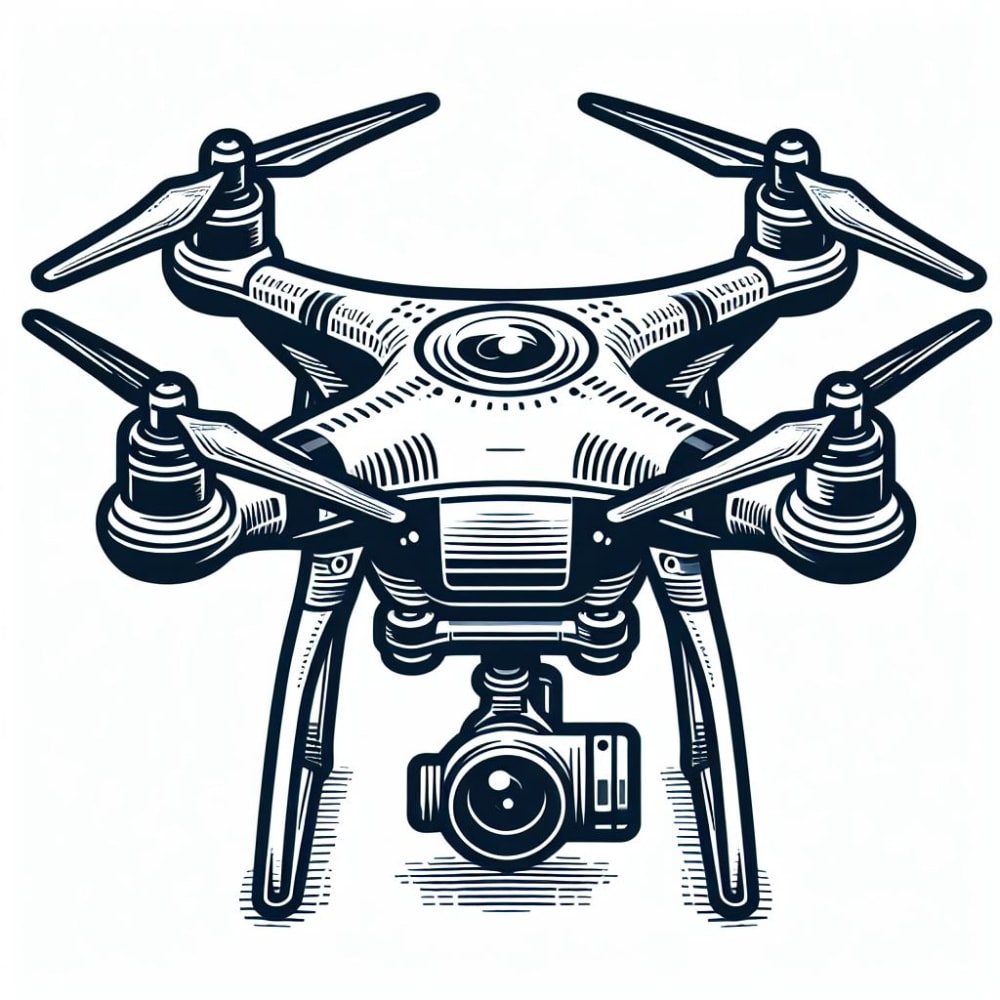A drone with a Laser-Induced Breakdown Spectroscopy (LIBS) and remote sensing programs. Its purpose to revolutionize the technique of landmine identity and clearance, making sure more secure environments for communities laid low with landmines.
Design a drone that can carry a LIBS and remote sensing system. The drone must be able to fly safely and reliably over the area to be cleared. It must also be able to carry the weight of the LIBS and remote sensing system. Install the LIBS and remote sensing system on the drone. The LIBS system must be mounted in a way that allows it to scan the area below the drone. The remote sensing system must be mounted in a way that allows it to detect the presence of landmines. Calibrate the LIBS and remote sensing systems. The LIBS system must be calibrated to identify the presence of explosive materials. The remote sensing system must be calibrated to detect the presence of landmines. Test the drone in a safe environment. Once the LIBS and remote sensing systems are calibrated, the drone must be tested in a safe environment. This will help to ensure that the drone is safe to operate and that the LIBS and remote sensing systems are working properly.
The drone will fly over the area to be cleared and use the LIBS system to identify the presence of landmines. Once a landmine is detected, the drone will use the remote sensing system to determine the exact location of the landmine. The drone will then release a laser to detonate the landmine
Why?
Remnants of Conflict:
Most African countries have had long-lasting conflicts and civil wars, fuelled by political instability, ethnic tensions, or competition for resources.
In the course of these conflicts, landmines have been used by various factions, scattering them widely over vast landscapes.
After conflicts have ended, people are still at risk from these landmines—unnoticed and hidden under the ground.
Impact on Civilian Population:
Landmines indiscriminately target all sorts of people—anybody who might step on them. Most victims are civilians, including women and children who are left mutilated or dead as a result of these explosive devices.
For people whose main source of livelihood is agriculture, the landmines render access to land impossible, leaving the community with limited economic potential, only to add to impoverishment.
Humanitarian Crisis: People living in mined areas are not free to have access to basic services such as healthcare, education, and clean water due to the presence of landmines.
Obstacles to peacebuilding and reconstruction: Landmines impede reconstruction and the promotion of peace. Lack of Resources for Demining: Demining is a highly resource-intensive and costly process requiring specialized equipment, training, and personnel.
Most African countries lack resources and expertise for full demining activities.
In this respect, millions suffer from months, or even years, of the land once contaminated with mines.
Citations
https://www.icbl.org/media/933314/Quick-Facts.pdf
https://www.icrc.org/en/doc/resources/documents/misc/57jmcy.htm
Like this entry?
-
About the Entrant
- Name:Joseph Ngugi
- Type of entry:individual
- Profession:
- Number of times previously entering contest:3
- Joseph's favorite design and analysis tools:Blender,Pencil, Sketch
- Joseph's hobbies and activities:Technology, IoT, reading books, design and patenti
- Joseph is inspired by:Being a software delivery consultant mean i spend most of the day in front of the screen and there, i wonder a lot in the tech world. I enjoy encountering challenges because they force me to think beyond them
- Patent status:pending

